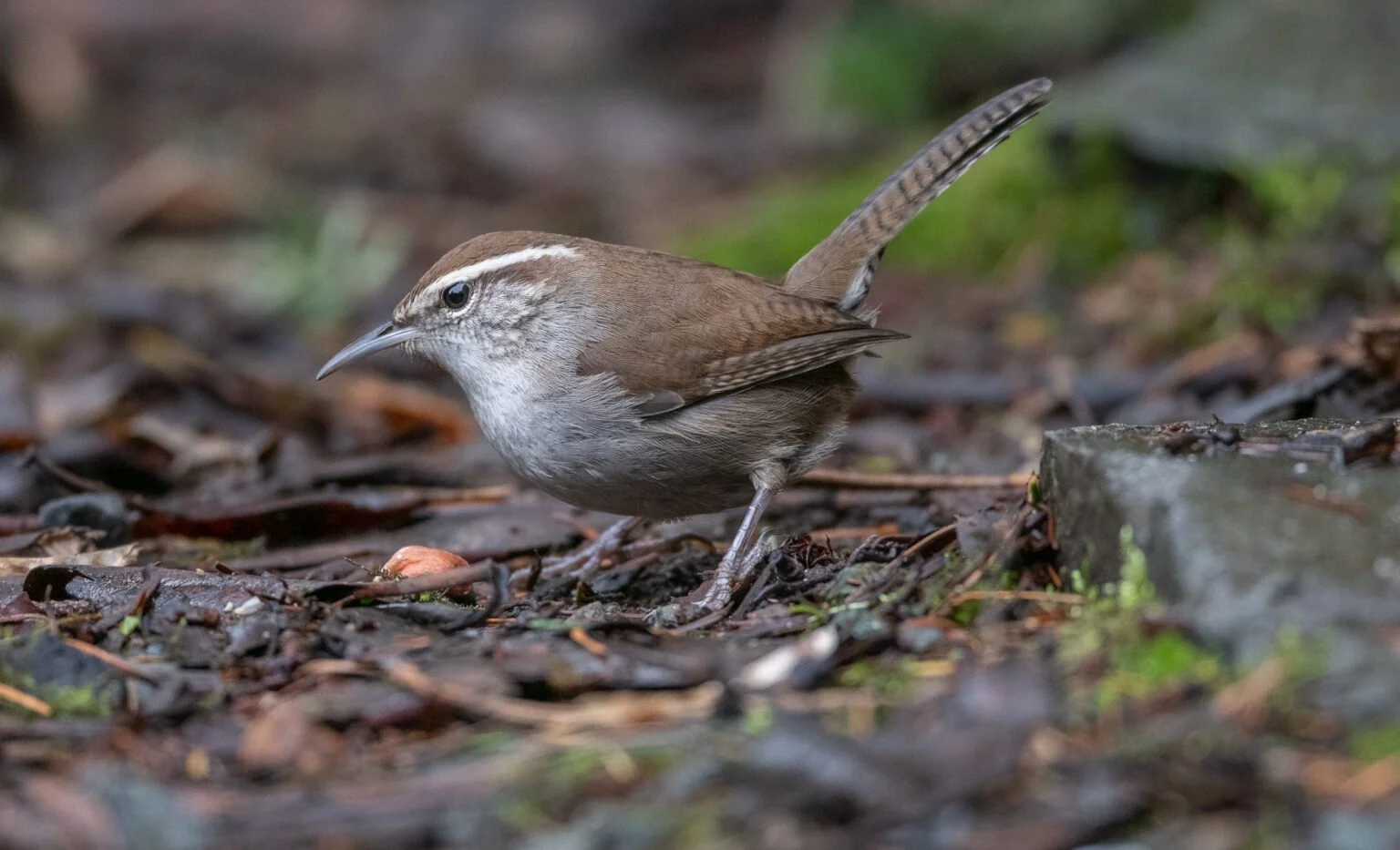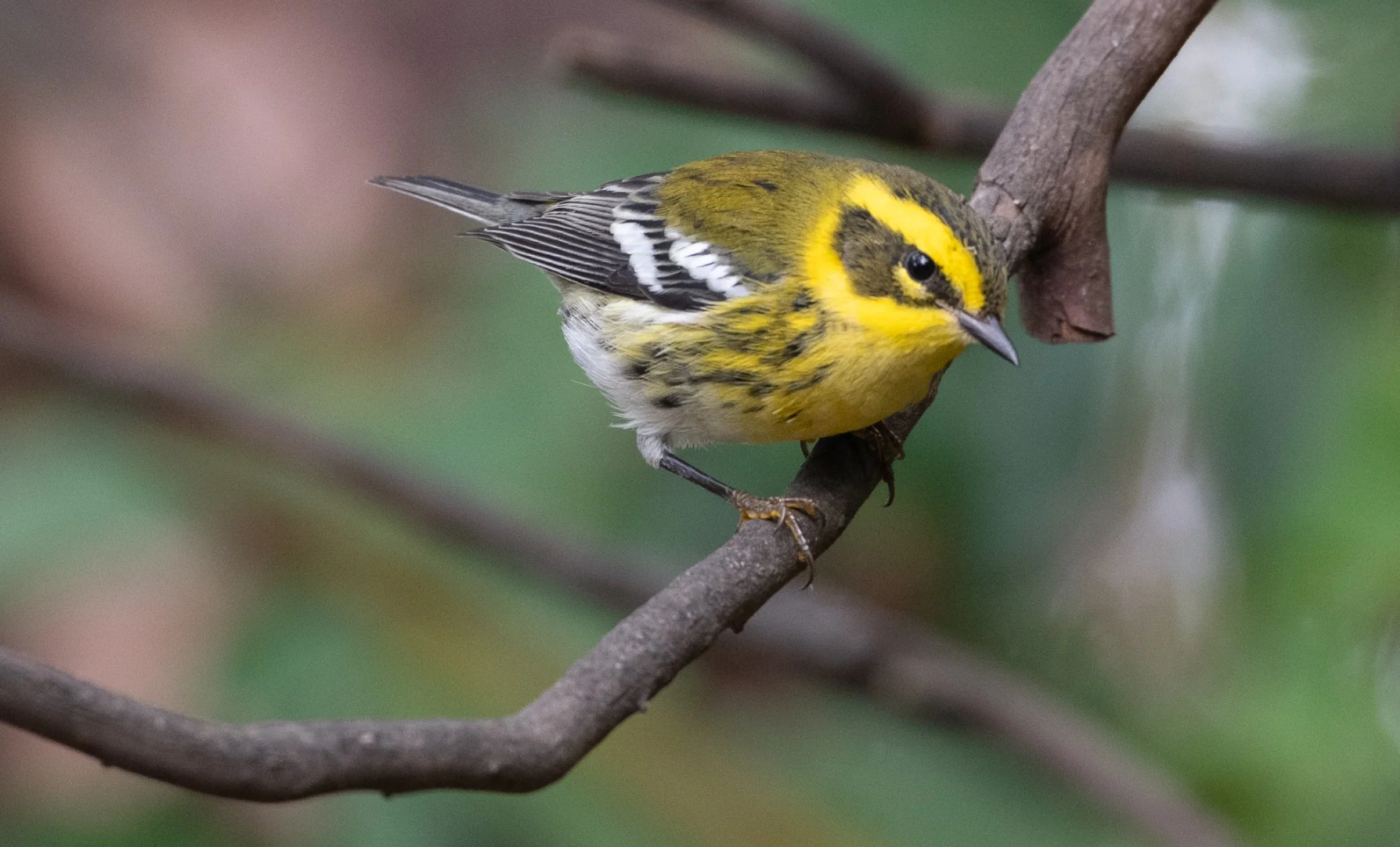Shortly after taking office in January 2021 President Biden issued the “America the Beautiful for All” initiative with its commitment to conserve and restore at least 30 percent of federal public lands and waters by 2030. While this seemed an impossible goal, its ambition was inspiring, and the Administration made a concerted and somewhat successful effort to advance it, establishing new national monuments, wildlife refuges, and national marine sanctuaries and closing expanses of ocean to offshore drilling. While imperfect in its vision and implementation, the initiative did reflect the American public’s broad support for conserving lands, waters, and wildlife. In total, the Biden Administration put more acres into protected conservation status than any previous.
Unfortunately, initiatives born out of executive orders are often easily undone. Within its first month in office, the Trump administration cancelled the America the Beautiful Initiative and in the name of an imagined national energy emergency restricted federal agencies’ ability to protect wildlife on public lands. In September, the Administration allowed just 3 weeks for comments on the environmental impact statement the Forest Service will prepare as a required step towards undoing the 2001 Roadless Rule. The September Skagit Audubon Conservation Notes explains how this rule has for a generation protected over 50 million acres of public land the U.S. Forest Service manages for us (Page 1, No. 3: Sept25ConservationNotesUpdated083025.pdf).
Consistent with this deemphasis on conserving land, in September Secretary of Interior Douglas Burgum issued an order making it difficult to use the Land and Water Conservation Fund to acquire private in-holdings in national parks, a key purpose for establishing the Fund in 1965 (Secretary Burgum’s Order Weakens Land and Water Conservation Fund – The Coalition To Protect America's National Parks). Burgum’s order would also enable states to use the Land and Water Conservation Fund to buy federal lands, a far stretch from the Fund’s purpose up to now and a step down the slippery slope towards privatizing our collective public heritage.
I mention these three developments because they each represent a withdrawal from protecting the habitat our fellow creatures need to survive, part of Audubon’s core mission. It would be easy to continue listing the rollbacks of environmental laws and policies and the weakening of the federal land-managing agencies through reductions in staff and funding, but you all know this story. Last month’s Skagit Audubon Conservation Report urged that we all stay engaged and communicate to our elected representatives that we want our common lands and wildlife protected. This is not the time to throw up our hands and stand by while hard-fought conservation victories slide away.
The daily big news on environmental matters can distract us from the on-going need for local conservation supporters and volunteers. We’ll soon be getting a call from Conservation Northwest and the American Bird Conservancy to help with educational efforts concerning nesting Marbled Murrelets on the Mt. Baker-Snoqualmie National Forest. With the help of many local volunteers and supporters, local organizations such as Skagit Land Trust, Skagit Fisheries Enhancement Group, and others continue their work of protecting and restoring habitat in Skagit County. The Land Trust’s recent acquisition of wetlands along the Samish River to protect Oregon Spotted Frog habitat (a federally listed species) is just the latest Trust success at acquiring wildlife habitat. There is much that we can do: act locally, even while lending your voice to state and national campaigns to uphold environmental protections. Please see the conservation report in the September Skagit Flyer for suggestions on how you can stay involved.
Photo credit: Bewick’s Wren by Joe Halton
Bewick’s Wren by Joe Halton





